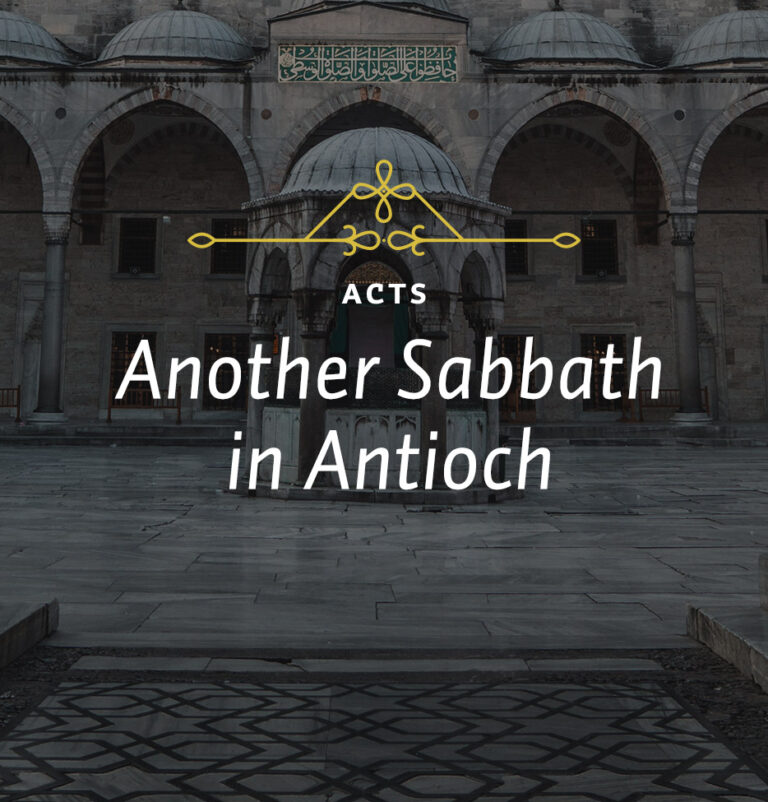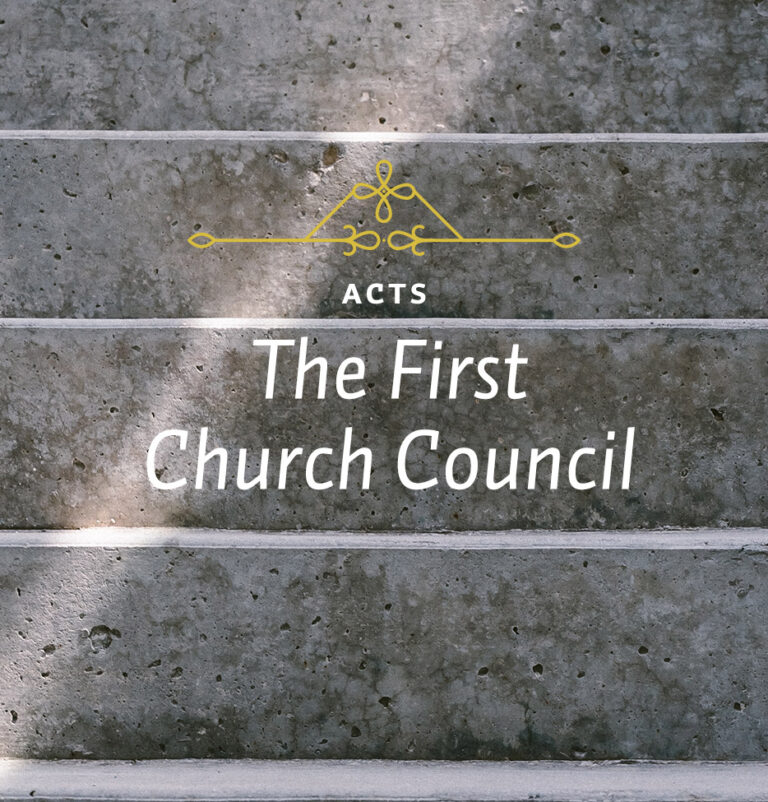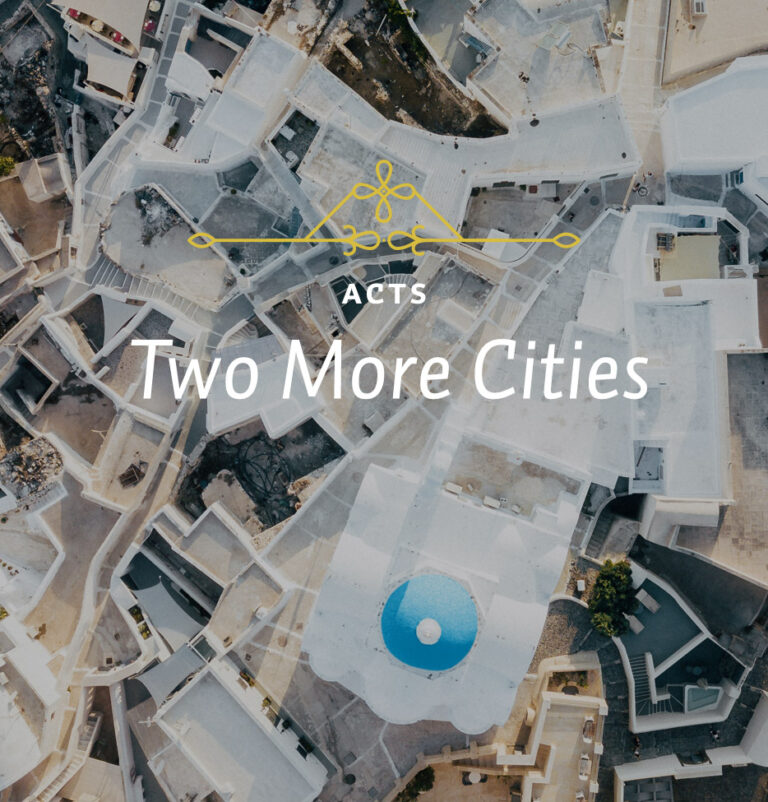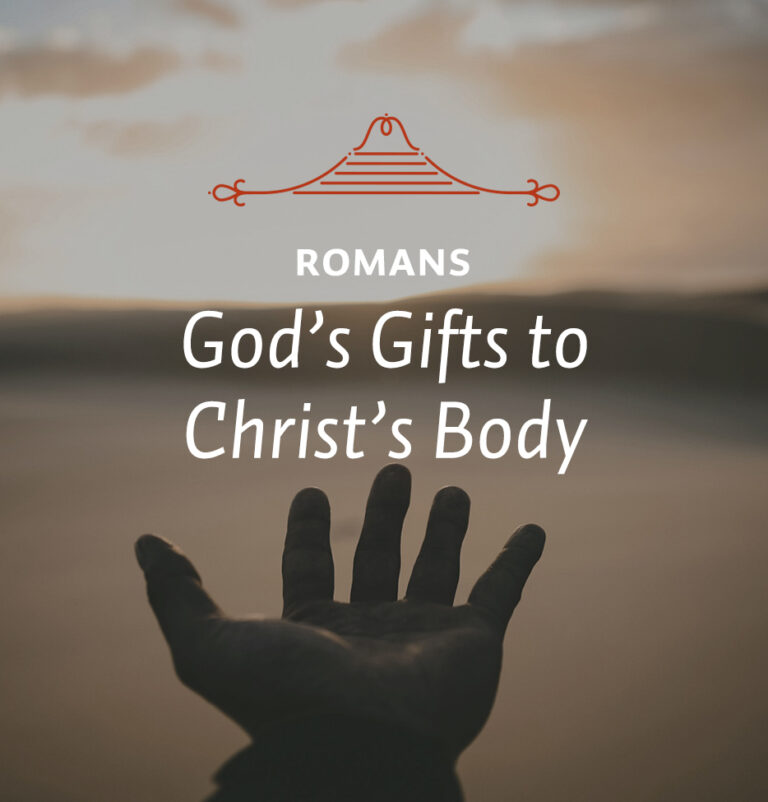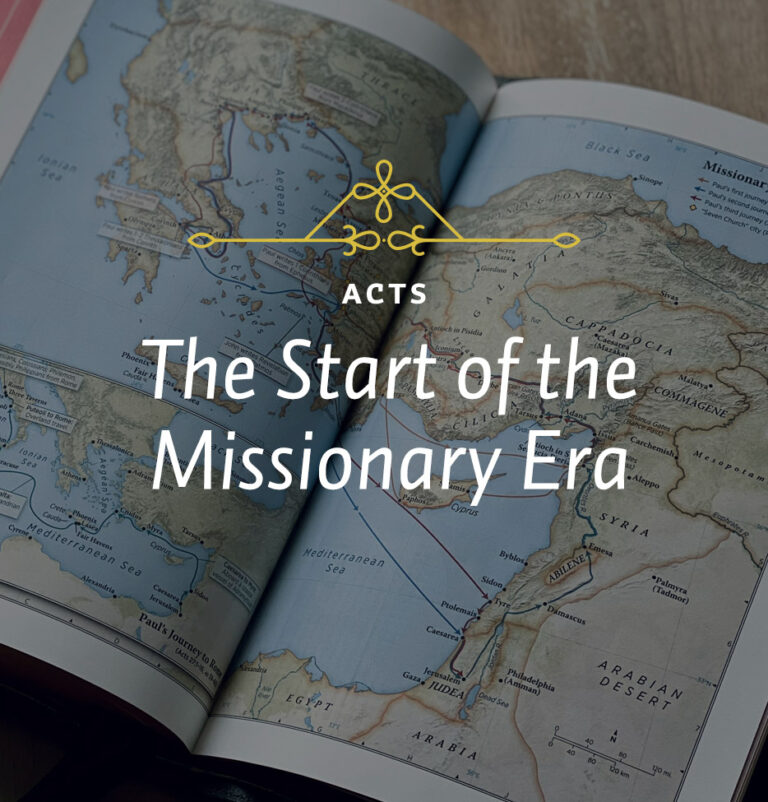
Monday: The Church at Antioch
As we study this chapter, we need to see a number of important things. First, we need to see the church base from which this missionary outreach was conducted. Second, we need to think of the work of the Holy Spirit in calling, equipping, sending and blessing the missionaries. Third, we need to see the nature of the task, as it is illustrated in the work that took place on Cyprus, the first missionary target of the church in the Roman Empire.


